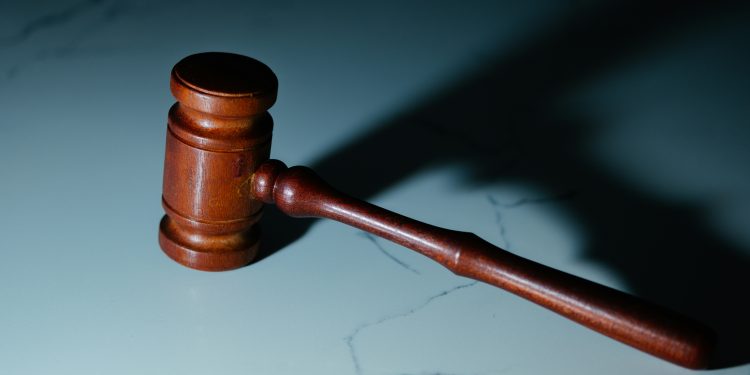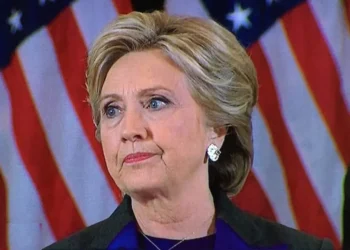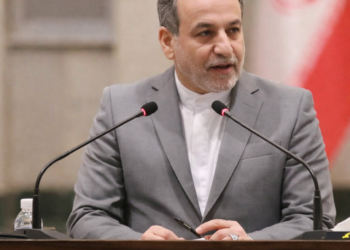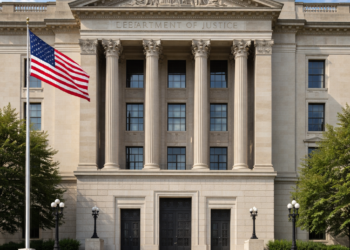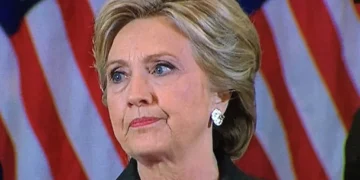A British national was convicted Tuesday of attempting to sell sensitive personal information about former Defence Minister Grant Shapps to individuals he believed were Russian intelligence operatives, in a case that has exposed vulnerabilities in UK national security.
Howard Phillips, 65, offered Shapps’ home address, phone number, and private plane details during meetings with undercover British officers posing as Russian agents named “Sasha” and “Dima.” The Winchester Crown Court jury rejected Phillips’ defense that he was attempting to “trap” foreign spies, instead finding him guilty under the National Security Act, which carries a maximum 14-year sentence.

How UK Authorities Foiled the Plot
The MI5-led operation began in March 2024 when Phillips was approached by undercover agents. Prosecutors revealed he agreed to hide intelligence on a USB stick inside a parked bicycle in London (a typical espionage dead-drop tactic).
By May 2024, Phillips escalated his involvement, offering to book hotels and purchase untraceable phones for the supposed Russian operatives. Prosecutor Jocelyn Ledward stated Phillips was motivated by “easy money” rather than ideology, describing his actions as “reckless betrayal” of national security.
The trial uncovered that Phillips had previously visited Shapps’ residence, giving him access to privileged information about the high-profile minister. His offers included not just personal data but also logistical support for foreign agents—a red flag for counter-terrorism officials. The case highlights growing concerns about hostile state actors targeting UK politicians, particularly amid heightened tensions with Russia over Ukraine and cyberwarfare.
What’s Next for Phillips and UK Security?
With his sentencing still pending, legal experts suggest Phillips could face a substantial prison term, setting a precedent for future National Security Act cases. The conviction is coming as Britain tightens espionage laws, including recent amendments to counter Russian and Chinese intelligence operations.

